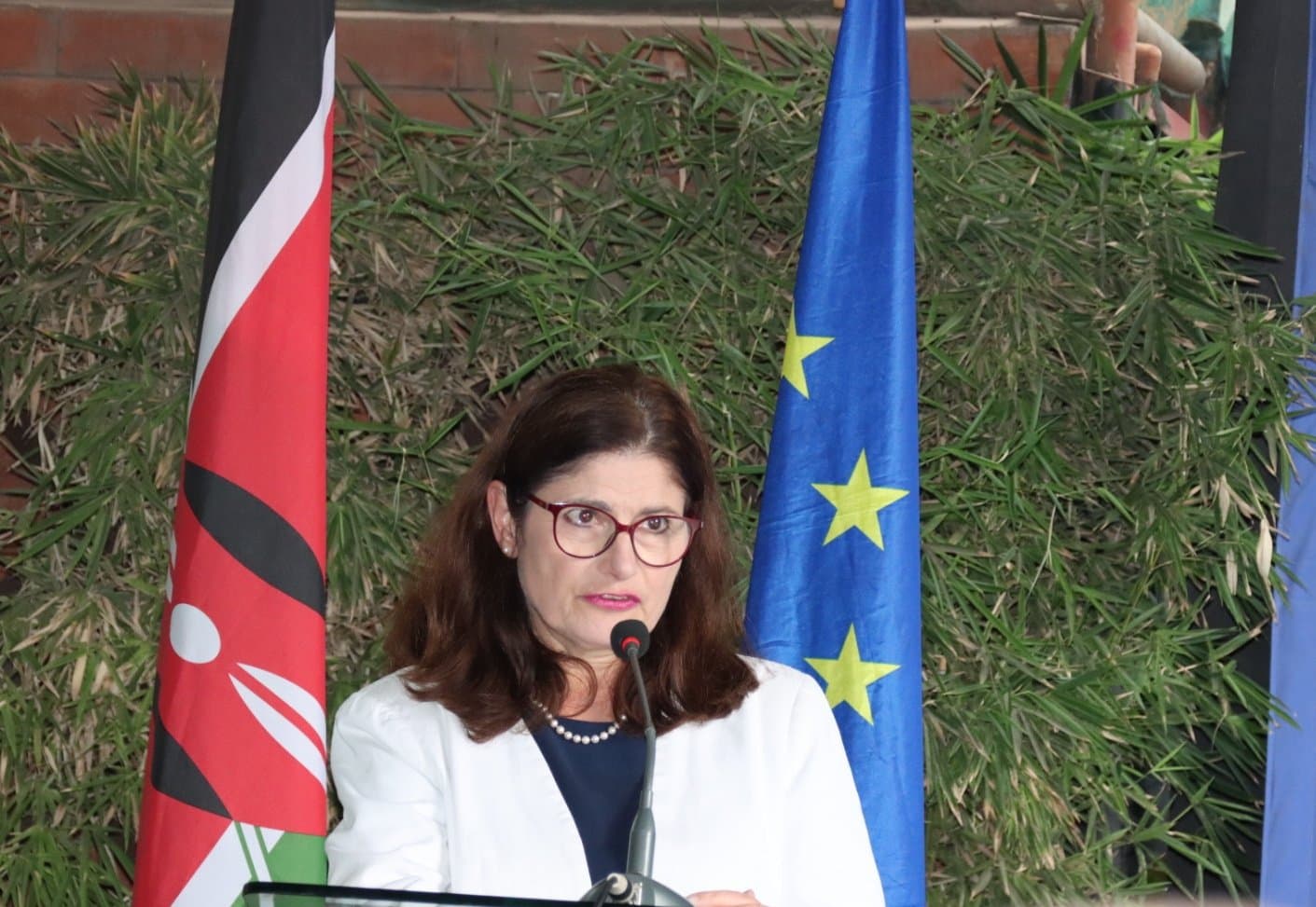We're loading the full news article for you. This includes the article content, images, author information, and related articles.
Brussels' strategic pivot to the Indo-Pacific brings Kenya into focus for major digital, security, and green energy partnerships, positioning Nairobi as a key regional anchor in a new geopolitical landscape.

BRUSSELS, BELGIUM – The European Union is significantly intensifying its engagement with Kenya as a central component of its wide-ranging Indo-Pacific strategy, a move solidified during the 4th EU-Indo-Pacific Ministerial Forum held in Brussels on Thursday, 20 November 2025, and Friday, 21 November 2025. The strategy, officially launched in September 2021, redefines the EU's foreign policy focus towards a vast geographical expanse stretching from the East African coast to the Pacific Islands. For Kenya and the wider East Africa region, this translates into concrete collaborations in high-stakes sectors including digital infrastructure, maritime security, and the green transition, backed by the EU's multi-billion euro Global Gateway investment initiative.
The EU's framework explicitly identifies the Indo-Pacific as the world's economic and strategic center of gravity, accounting for over 60% of global GDP and two-thirds of global economic growth. Within this vast area, Kenya's strategic location on the Western Indian Ocean makes it a crucial partner. Henriette Geiger, the EU Ambassador to Kenya, speaking in Nairobi on Tuesday, 18 November 2025, emphasized that African nations bordering the Indian Ocean were invited to the forum due to their integrated role in shared trade routes and maritime resources. "As a key player in the Indo-Pacific, Kenya is already collaborating closely with the EU to promote maritime security, trade, and sustainable development—but we can achieve even more," Ambassador Geiger stated.
This partnership is already yielding tangible outcomes. A key initiative under the EU's Global Gateway program involves the expansion of a major subsea digital cable project. This project will extend from Italy to connect Djibouti, Somalia, Kenya, and Tanzania, aiming to deliver high-quality, secure digital infrastructure. This aligns with one of the seven core pillars of the EU's Indo-Pacific strategy: Digital Governance and Partnerships.
Security remains a cornerstone of the EU-Kenya relationship within the Indo-Pacific context. The EU has committed an estimated KSh 12 to 13.5 billion annually to enhance maritime security in the Western Indian Ocean, a region critical for global trade routes. This financial commitment supports naval operations like Operation ATALANTA, which combats piracy, and initiatives such as the Critical Maritime Routes in the Indo-Pacific (CRIMARIO) to ensure freedom of navigation. Just ten days prior to the forum, the EU and Kenya held their fourth annual security and defence dialogue, focusing specifically on maritime security and hybrid threats, underscoring the maturity of this collaboration.
The EU's strategy aims to offer a partnership-based, rules-driven alternative to the more assertive models of other global powers in the region. By stepping up its role as a security actor, the EU seeks to contribute to regional stability based on international law, including the United Nations Convention on the Law of the Sea (UNCLOS).
The partnership extends robustly into sustainable development. Kenya is part of the EU's 'Green Alliances', a program designed to help nations build climate resilience, protect biodiversity, and achieve net-zero emissions by 2050. This is directly supported by the Global Gateway initiative, which has earmarked €3.4 billion for climate and nature projects in Kenya. A significant milestone was the September 2023 launch of Kenya's Green Hydrogen Strategy and Roadmap, developed with EU support to help the nation achieve its goal of 100% clean energy by 2030.
On the economic front, the EU remains the largest destination for Kenyan exports, with trade supporting over 500,000 jobs locally, according to the European Commission. The ongoing implementation of the Economic Partnership Agreement (EPA) is expected to further deepen these ties. The EU's focus on building resilient supply chains and negotiating comprehensive trade deals with Indo-Pacific nations is a central theme of the current forum, aiming to foster shared prosperity.
As geopolitical dynamics intensify across the Indo-Pacific, the EU's comprehensive strategy presents Kenya with significant opportunities to anchor its position as a regional leader in security, digital innovation, and sustainable development, leveraging a deepened partnership with Brussels to advance its national interests.
Keep the conversation in one place—threads here stay linked to the story and in the forums.
Sign in to start a discussion
Start a conversation about this story and keep it linked here.
Other hot threads
E-sports and Gaming Community in Kenya
Active 9 months ago
The Role of Technology in Modern Agriculture (AgriTech)
Active 9 months ago
Popular Recreational Activities Across Counties
Active 9 months ago
Investing in Youth Sports Development Programs
Active 9 months ago